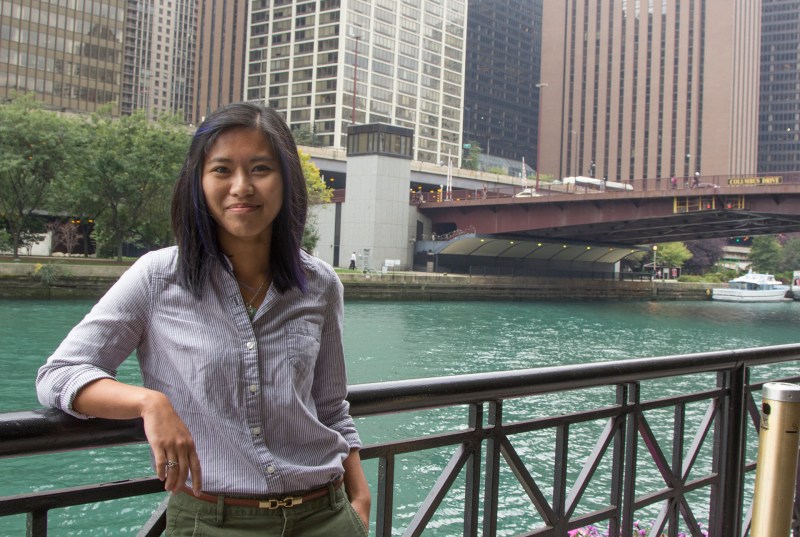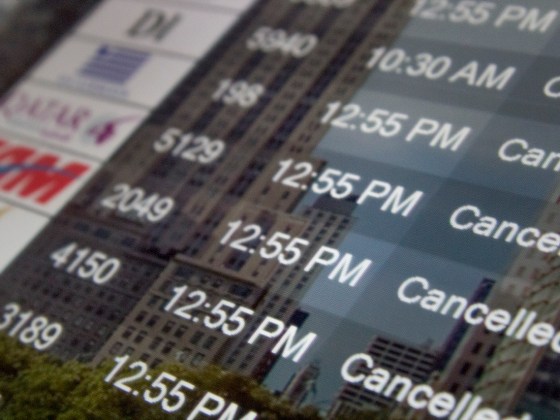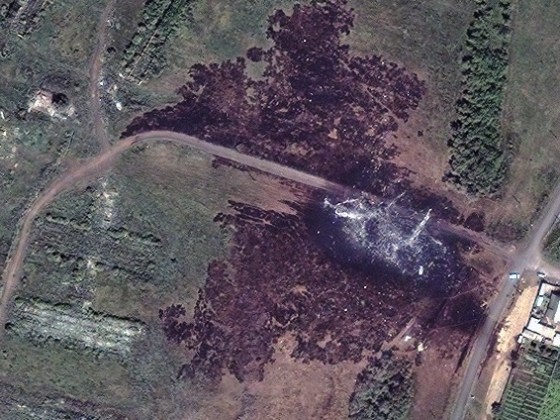My mom would pick me up from school in our green four-door Chevy Astro, and we would just sit in silence.
As early as third grade, I can remember she’d never ask me about my classes or how I was getting along with my friends at school. She never took me shopping for clothes. She never taught me anything about makeup or friends. She never came to any of my tennis games. She never talked to me or treated me like her daughter.
My father worked so much that he was absent from home most of the time. Although my younger sister’s companionship sometimes made the experience more bearable, no one ever acknowledged how my mother treated me. (For reasons I still don’t understand, she was nice to my sister.)
I remember the stark contrast of seeing my friends interact with their families. They talked about their days, laughed and played games together. They reminded me of the Disney Channel shows where Raven Baxter and Lizzie McGuire had nice families and funny experiences and problems, but there would always be heartwarming family moments peppered throughout the episode. I always wanted what they had.
I didn’t know yet that my mother was mentally ill and suicidal, but her emotional (and eventually physical) abandonment convinced me that everything that happens comes with an explanation — there had to be a way for me to figure out why we were the way we were.
When the day came for me to leave home in San Jose, I moved 45 minutes across the San Francisco Bay to University of California, Berkeley, to pursue my bachelor’s — and to escape the truths no one acknowledged in my family.
I didn’t go home or call home a lot while away at college, and I didn’t get homesick. Home for one holiday break during 2011, I was cleaning and rediscovered what might be to this day a most treasured possession of mine: a Pokémon-themed journal that I wrote in every day from 2000 to 2003 when I was 11 to 14 years old. Toward the end, my entries dwindled from multiple entries a day to every other month, then every six months.
I wrote about the boy who picked on me, and I wrote about our middle school exit exams. And I wrote about what happened at home. What made this journal particularly special was that it came with a tiny lock that bound the two covers together. I remember hiding the equally tiny key in the turtle shell of my Franklin plush. They kept my writing safe and locked away the bad stuff.
After that night when I rediscovered the journal, I signed up for a Tumblr account and published my first blog post. That I had neglected journal writing for so many years left me feeling like I had let my most loyal friend down, someone who had kept me sane in such crucial times. I kept the page password-protected, still unsure I wanted everything out there in the public gaze.
The colorful journal countered what filled its pages — it wasn’t a colorful time in my life. For whatever reason, I stopped writing, and that somehow translated to not asking questions. I decided I needed to keep writing, this time online, and asking questions no matter what.
So I kept writing. In the winter of 2010, during my third year in college, with nothing but a suitcase of clothes, a travel companion and hope, I flew 7,500 miles to Kathmandu, Nepal, to work with a local non-governmental organization as part of my peace and conflicts studies major field work. Without fail, the electricity went out every day, but I made sure to keep writing in the notebook I packed.
When I chose journalism as an elective back in high school, I had no plan of making it my career. Writing came easily for me, so the class seemed like a fun, new challenge. But when I stepped in to the role of a reporter, even if it was just our high school newspaper, I felt like I finally found a home for my writing. I like the person journalism makes me. In order to be great at reporting, I need to be meticulous, personable and tenacious — all at the same time. That gave me confidence to face my own story.
Ever since I started, I can’t imagine doing anything other than journalism. As I learn more about myself as a person and as a reporter every day, I continue to ask more questions about myself. I thought about my curiosity, and what came to me was the fact that everyone should be asking questions about his or her own lives — you don’t have to be a journalist to do that.
I also learned I have to ask questions about the people who question me, because, otherwise, I run the risk of letting them decide who I am. I’ll never forget an English professor in my first year at Berkeley who questioned me. Asian-American literature wasn’t my taste, and an essay I did on the “Gangster of Love” didn’t please her.
“Are you sure you want to be a journalist?” she asked me.
“Hold it together,” I thought. As soon as I walked out, I called my best friend and cried. But I never doubted myself. And to this day, I still tell myself: “I’ll show her.”
So I showed her. About two years after graduating college, I applied to my top ten journalism graduate schools. The day I got the call from U.C. Berkeley’s Graduate School of Journalism became one of the most defining, happiest moments of my life. I finally got there. After that, I would receive nine more calls — each one inducing a bigger heart attack — all ten schools had accepted me with generous offers.
Fast forward a year and a half later, where I’m about to complete my master’s at Syracuse University’s S.I. Newhouse School of Public Communications and a yearlong fellowship at the Post-Standard in Syracuse, New York.
Looking back, I’ve gone from keeping questions and words to myself — simply because locking them up seemed easier — to the question-everything, assume-nothing kind of journalist I am now. It gets easier every day.
On September 3, the Post-Standard’s print edition published my first front-page story. I saw the paper on newsstands, stores and online all around the city. I went into the journalism business so that I would have the power to ask tough questions. But more than anything, this journey has trained me to listen.
Encountering people and stories that challenge what I know and believe in has been my greatest teacher. Over coffee one afternoon, my professor and I exchanged stories about our families. When I told her about my less-than-ideal relationship with my mother, she told me, “Doesn’t mean there isn’t love.”
The biggest question I’ve been trying to answer in my own life dawned on me. Maybe I don’t get to question or judge the love afforded to me, and maybe each of us expresses some form of love in unique ways. Answers always wait for us to find the right time and inquiry. I plan to keep asking questions and listening harder for the answers. They can come anytime if I pay attention.






